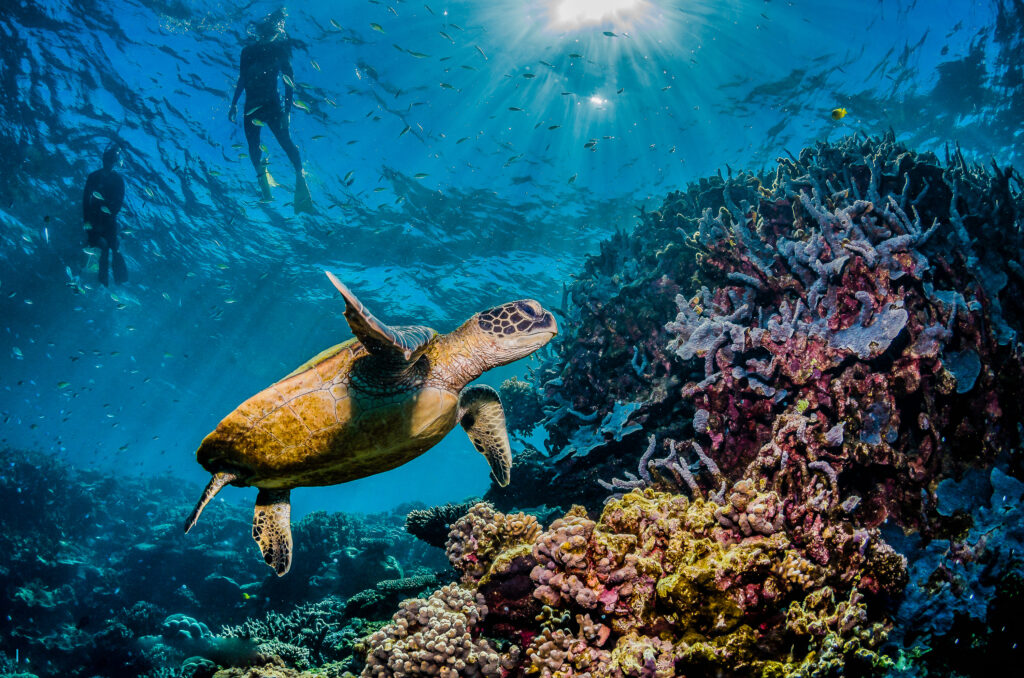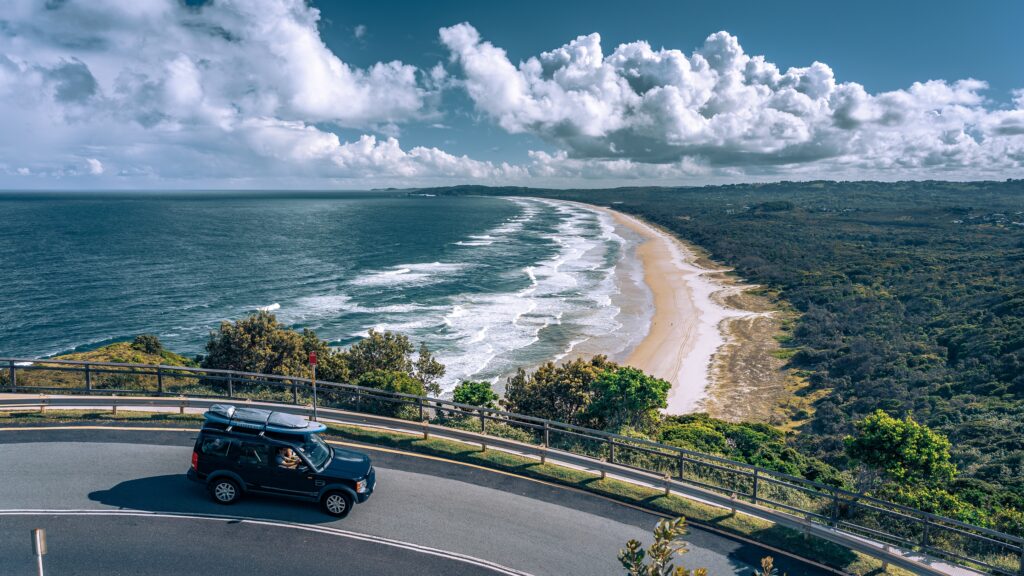As international students exploring Australia’s vast natural wonders, the Great Barrier Reef undoubtedly ranks high on the must-visit list. This extraordinary ecosystem, listed as a UNESCO World Heritage Site, is renowned for its exceptional natural beauty and biodiversity. However, in recent years, it’s been in the spotlight for a different reason – the possibility of being listed as ‘in danger’ by UNESCO due to significant threats from climate change and other man-made influences.
Now, more than ever, it’s important that our exploration of the reef is both responsible and sustainable. This is where eco-tourism steps in – it offers an environmentally conscious approach to exploring and appreciating natural environments while benefiting local communities. If you’re thinking of exploring the Great Barrier Reef while in Australia (and we highly recommend it!), here are some tips to do it eco-consciously!
Choose a green tour operator
Several tour operators in the Great Barrier Reef region are certified by Eco Tourism Australia, an organisation that endorses eco-friendly practices in the tourism industry. These operators adhere to a code of conduct designed to have minimal impact on the environment while providing a high-quality travel experience. Check for this certification when booking your tour. They often have specific programs in place like monitoring marine health, recycling and waste reduction, using sustainable energy sources, and educating visitors about conservation.
Snorkel or dive responsibly
When snorkelling or diving in the Great Barrier Reef, it’s essential to follow guidelines designed to protect the marine environment. This means not touching or standing on the coral, which is very delicate and can be damaged easily. It also means controlling your buoyancy to avoid accidentally making contact with the reef, and not chasing or harassing the marine life. Always maintain a safe distance to observe these incredible creatures in their natural habitat. Lastly, use reef-safe sunscreen or sun-protective clothing to prevent coral bleaching and toxicity to marine life.
Support local businesses
Local businesses form the backbone of communities in the Great Barrier Reef region. By choosing to eat at locally-owned restaurants, shopping at local markets, or staying at local guesthouses, you’re directly contributing to the local economy and helping to create sustainable jobs. Buying locally also reduces carbon emissions from transportation, contributing to your efforts to minimise your carbon footprint. Check out some of the local businesses along the Great Barrier Reef and start planning your trip!
Participate in citizen science projects
If you’re really interested in actively engaging in conservation efforts, you could get involved in citizen science projects. This could be collecting data on the health of the coral, taking photos of marine life for identification and tracking, or volunteering for beach clean-ups. The Great Barrier Reef Marine Park Authority runs a program called Eye on the Reef, which allows visitors to share their reef experiences and sightings, contributing to the long-term protection of the Great Barrier Reef.





